As part of the reform of the nation’s electricity sector, the Federal Government has announced plans to unbundle the Transmission Company of Nigeria (TCN) into two distinct entities.
TCN is to be restructured into the Independent System Operator (ISO) and the Transmission Service Provider (TSP).
The decision came on the heels of incessant power grid collapse. Only this year, the national grid has collapsed for the second time.
Dr Adebayo Adelabu, the Minister of Power, gave the indication in Abuja at the opening of a ministerial retreat organized by the ministry.
The government admitted that TCN that is responsible for managing the national power grid as well as delivering bulk electricity to distribution companies and eligible customers, has been identified as the weakest segment in the Nigerian Electricity Supply Industry (NESI).
The theme of the three-day retreat is, “Integrated national electricity policy and strategic implementation plan: Navigating and aligning on the path to enhanced electricity reliability.”
Adelabu said the restructuring must synchronize with the evolving landscape of State Electricity Markets, addressing calls for the decentralization of the national grid into regional grids interconnected by a new higher voltage national or super-grid.
He observed that the goals of the reforms introduced by the government to improve power supply have largely remained unmet, urging stakeholders and operators to renew their efforts to ensure that these were achieved.
“One of the main objectives of the Nigerian electricity sector reform programme initiated over 23 years ago is to make electricity available to consumers across the country with efficiency and consistency, which in turn lead to general reliability and affordability.
“Even as electricity consumption per capita was at 140 KWh in 2021, relatively low in comparison to neighbouring countries and almost three times lower than the average for Sub-Saharan Africa, Nigeria is a case study in a deep electricity paradox.
“Nigeria has grown to become the host of probably the world’s largest fleet of diesel- and petrol-powered generation capacity that is utilized for base load supply. Various figures have been mentioned but it is safe to say that this fleet measures no less than 40,000MW of total capacity.
“At an average operating cost of no less than N250/kWh as opposed to an average economic tariff today of approximately N120/kWh (weighted between petrol and diesel generation), the daily cost of this extreme inefficiency in electricity supply in Nigeria, is measurable in tens of billions of Naira daily.
“This is hard-earned money that would better be deployed to savings, discretionary consumer spending and tax revenue for governments instead of being literally burnt and going up in diesel and petrol emissions that harm our environment and contribute to incessant noise pollution in many of Nigeria’s cities,” the minister said.
Adelabu promised that the outcome of the retreat would be implemented in full.
He expressed regrets over the second power grid collapse on Monday, saying that it happened for a few hours.
“It was operational again. It was not due to strategic faults in the grid. Immediately it collapsed, our people swung into action and made sure the grid was restored”.
In his presentation at the retreat, the Chairman, Nigerian Electricity Regulatory Commission (NERC), Engr. Sanusi Garba, disclosed that without a cost reflective tariff the government would have to pay about N1.6 trillion to subsidize electricity tariff shortfall in 2024.
He explained inflation and the Federal Government decision to unify the foreign exchange market have pushed cost reflective tariff to N124/kWh from the subsidized N73/kWh charged to Band-A customers, adding that this year alone, subsidy is expected to top the N600 billion mark.
Garba disclosed that the financial burden due to tariff subsidies between 2015 and 2022 stood at N2.8 trillion, urging the government to support a review of end-user tariff to minimize fiscal burden in the sector.
He suggested the implementation of an automatic monthly tariff adjustment to manage volatilities in foreign exchange and inflation.







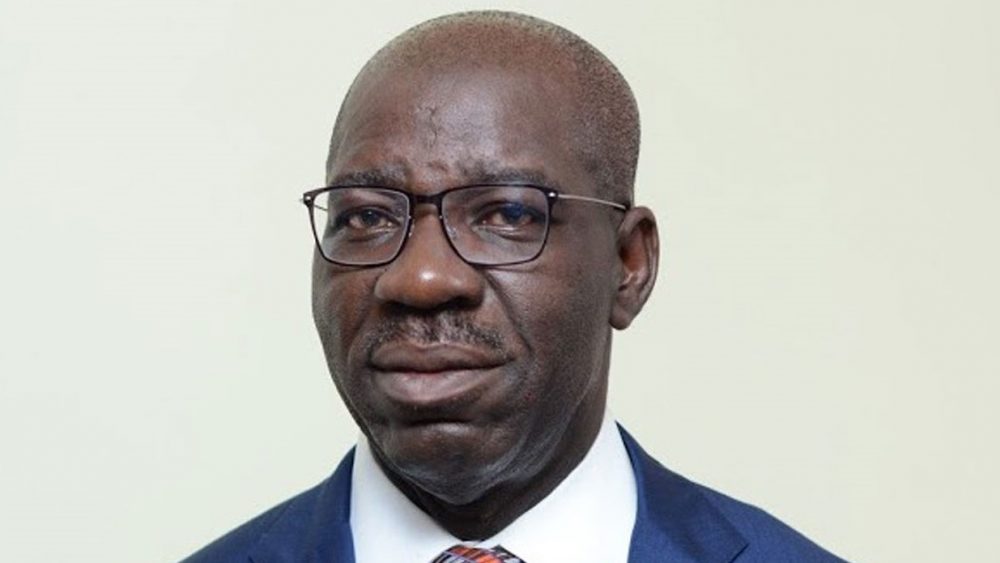
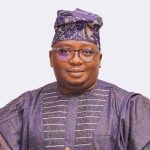




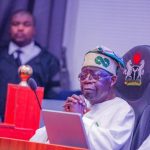




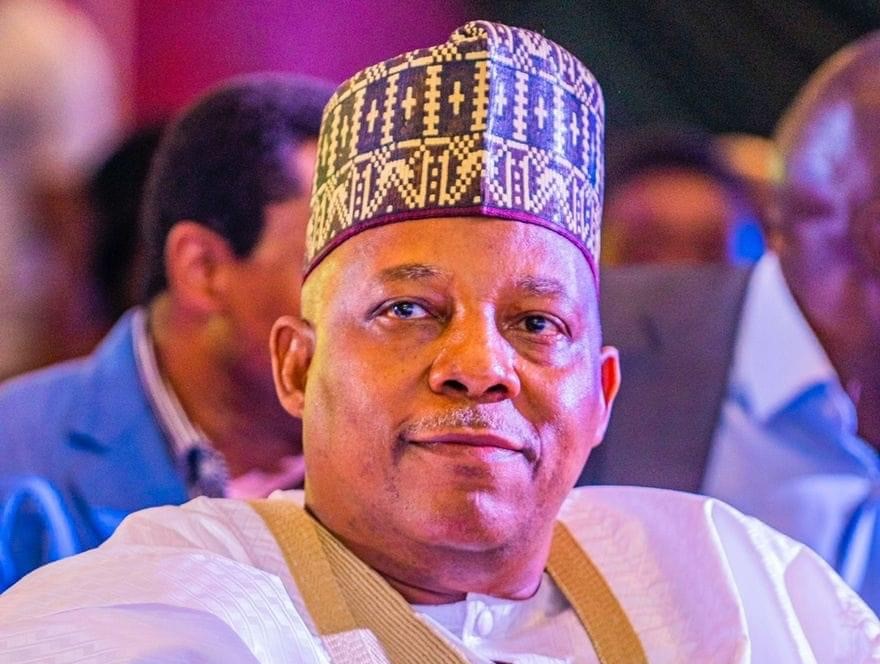
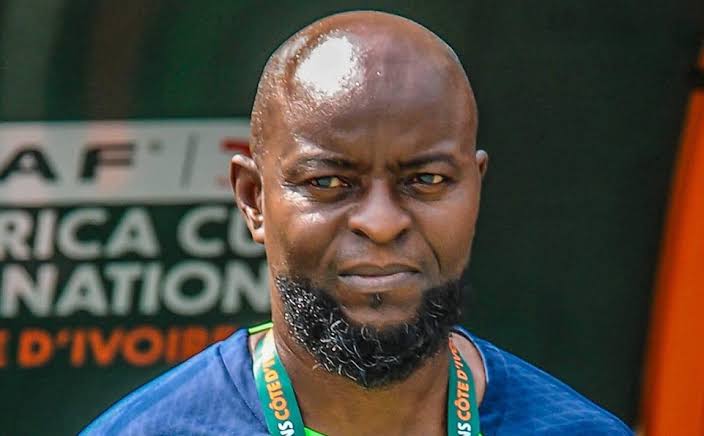
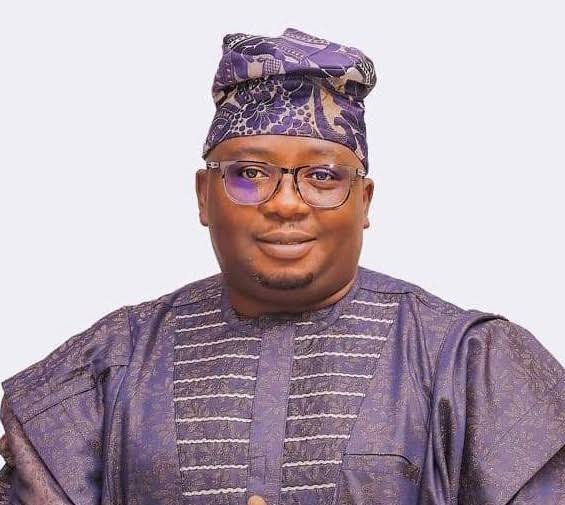
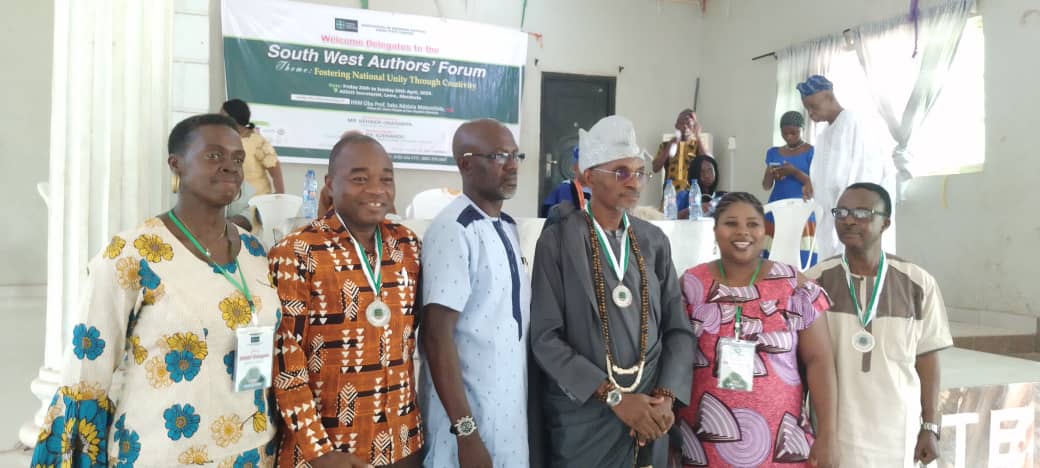
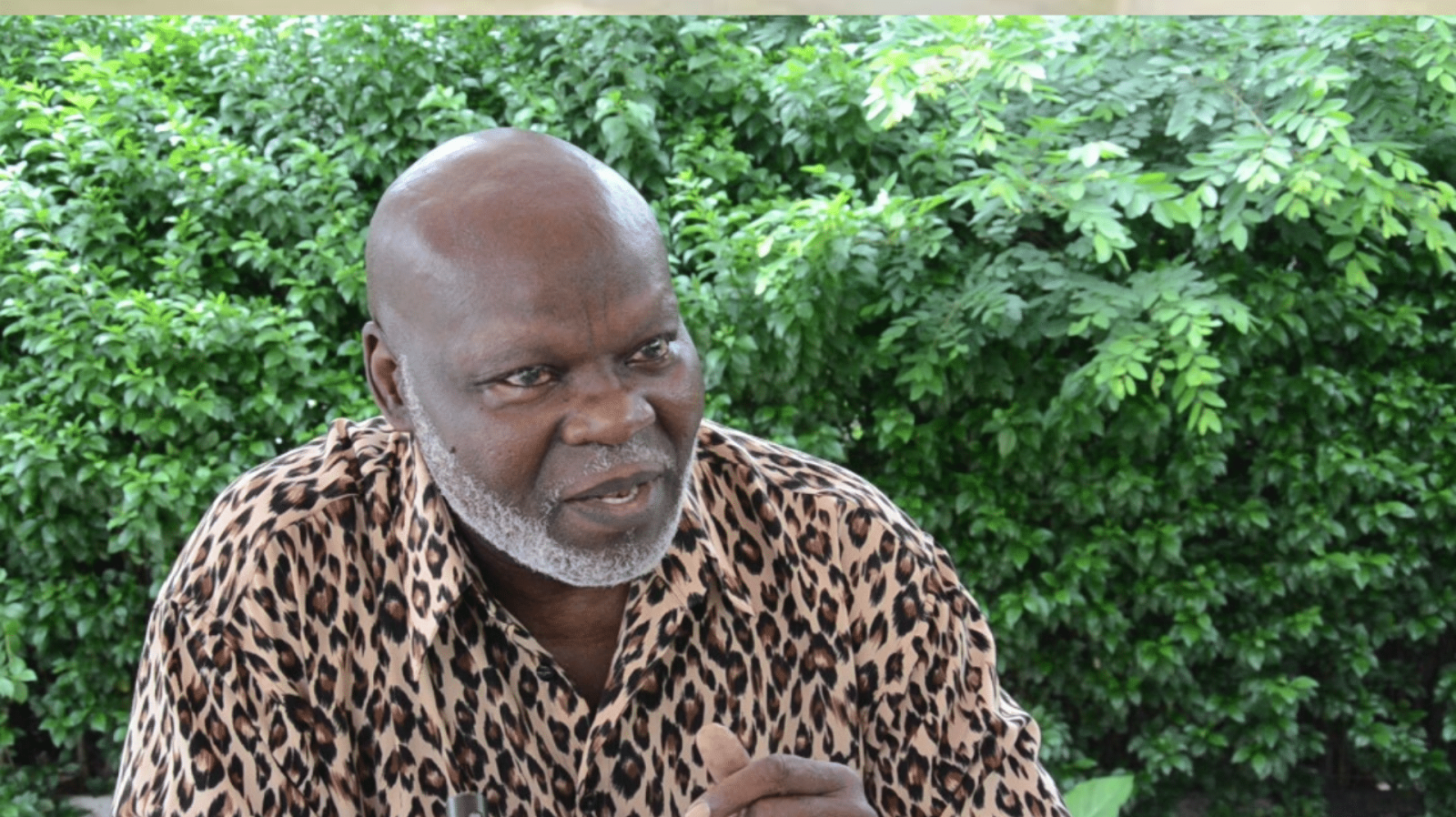
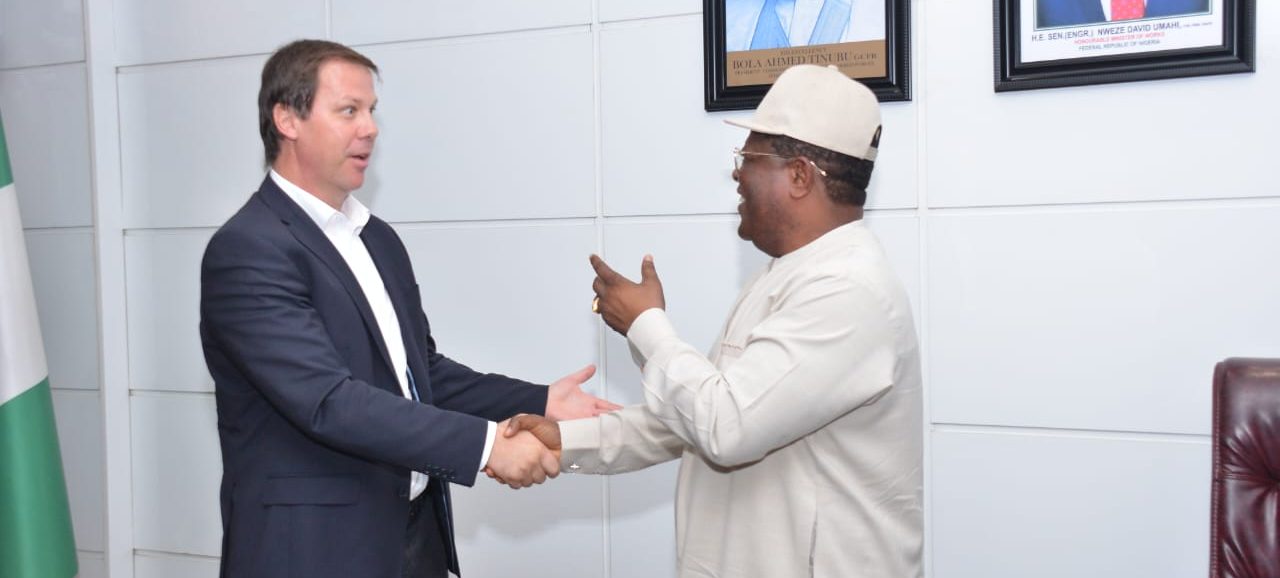



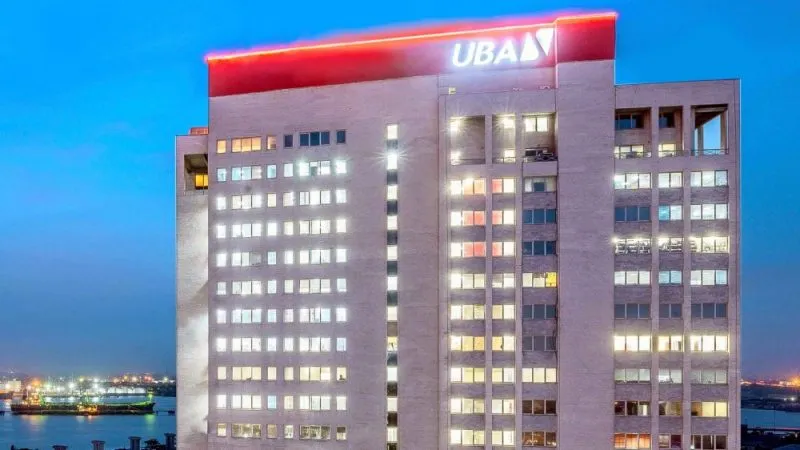
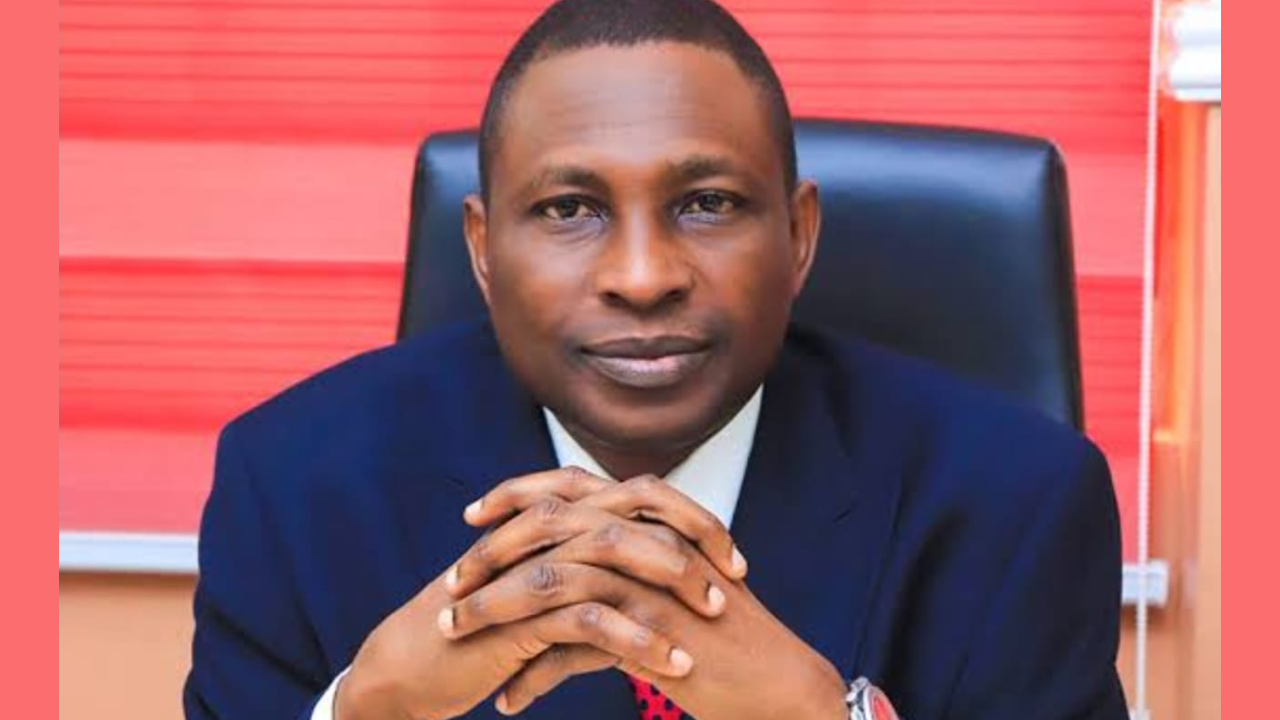

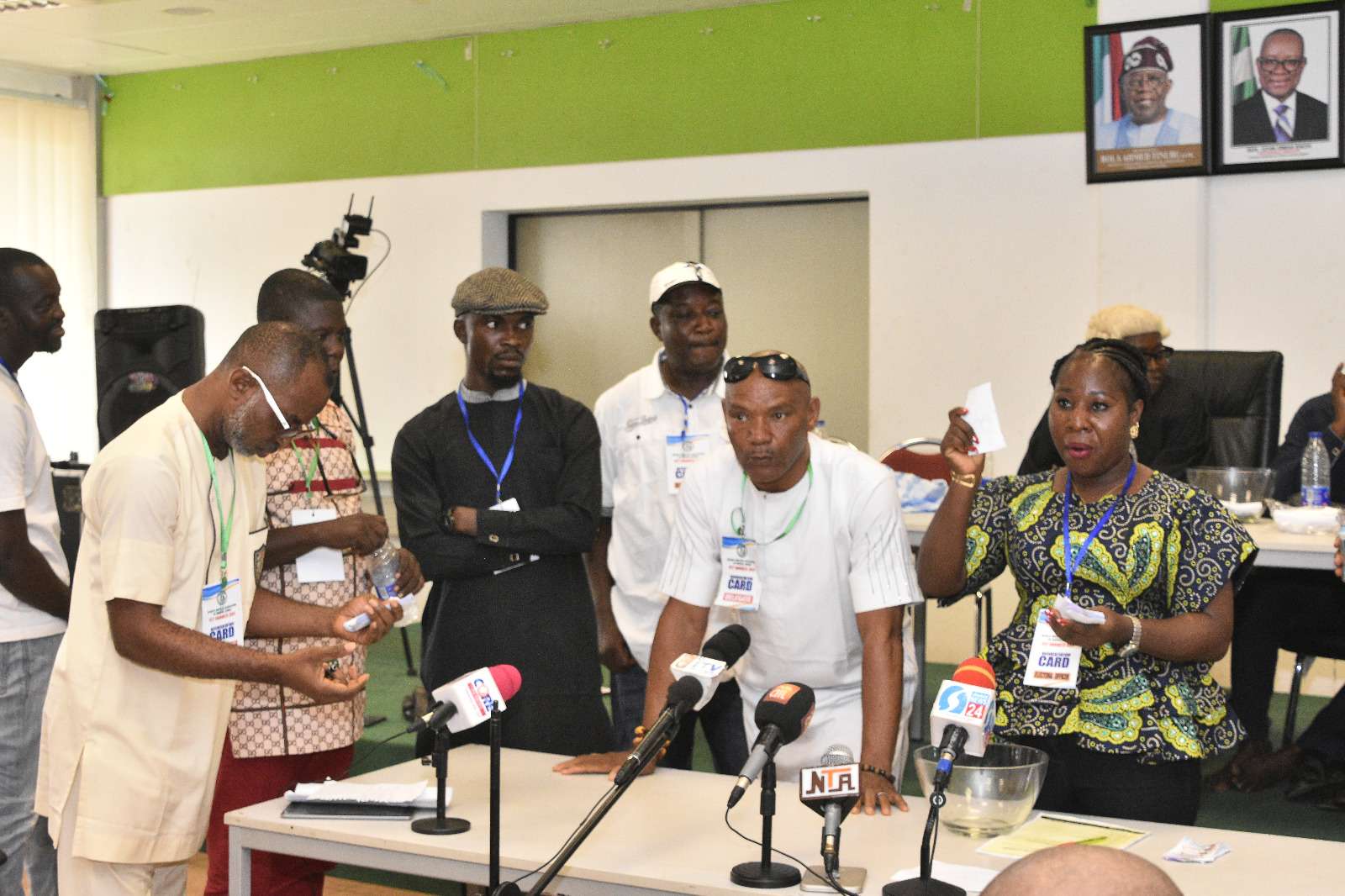

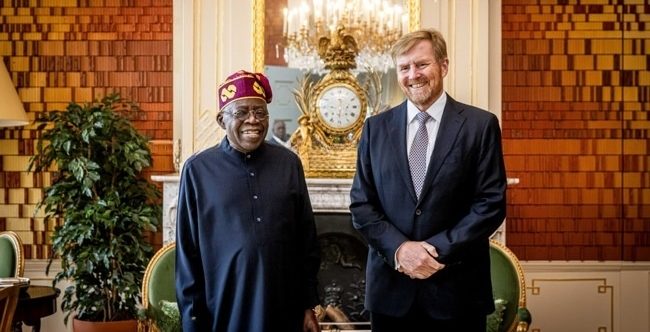
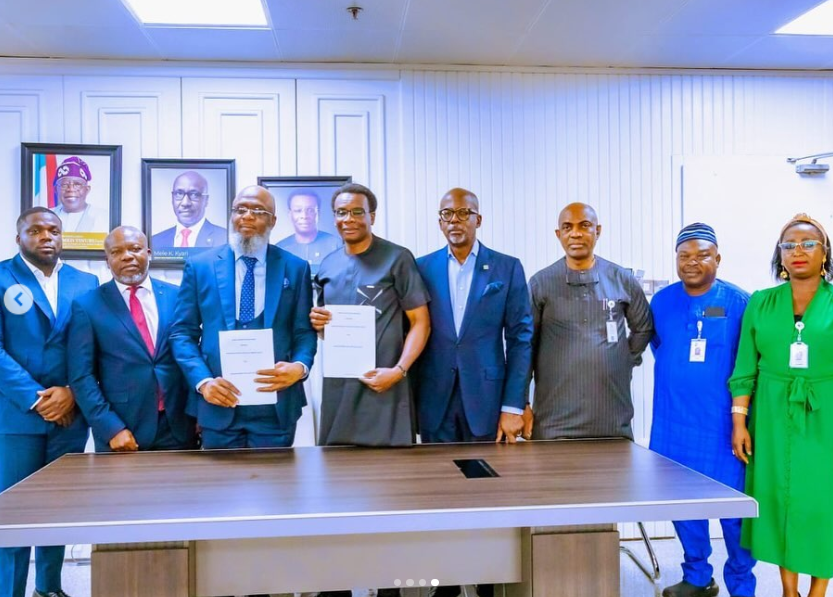
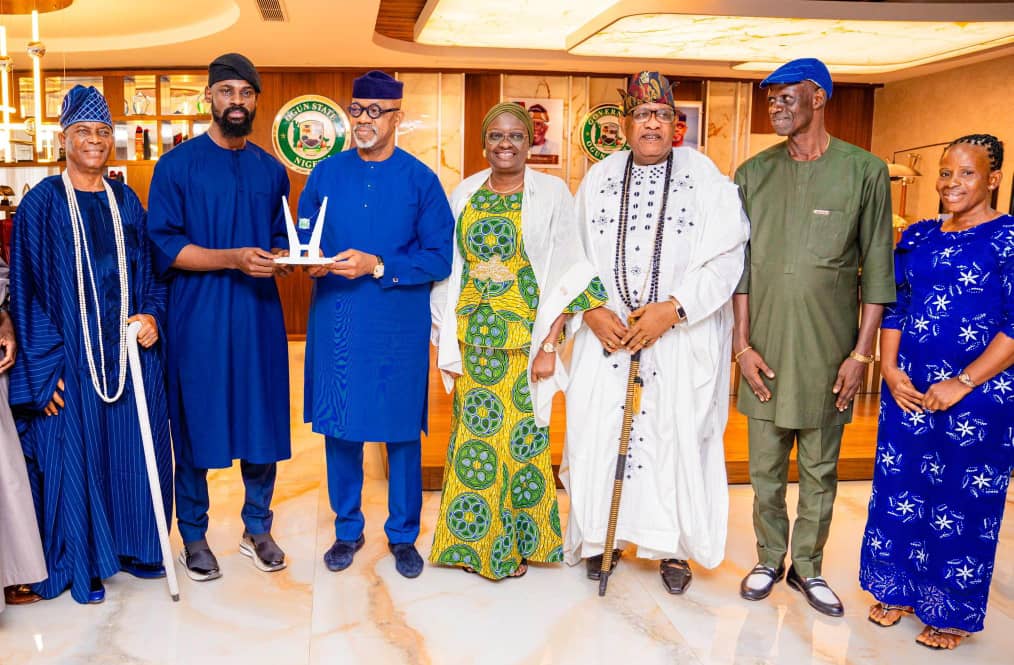

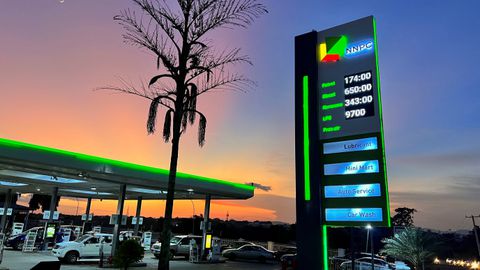
Leave a comment